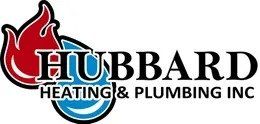Installing A Backup Generator
How Installing a Backup Generator Will Keep You From Being in the Dark
In our modern era, we rely very heavily on electricity. Lights, climate control, television, the internet, and our smartphone charging cables need electricity to do their jobs. When the power goes out during a spring or summer storm, we are plunged not only into literal darkness, but the disconnection from media and the potential for a smartphone with a dead battery is another kind of darkness all its own. In the internet age, a lot of people rely on that connection to keep in contact with loved ones, as well as the ability to work from home. If power outages spell potential disaster for you or your business, consider installing a generator. There are two main types of generators for your consideration:
Types of Generators
Standby Generator
Standby generators are fixed generators that are installed outside your home or business. A standby generator runs on liquid propane or natural gas and works automatically by starting up when you need it and shutting off when you don’t. Like a central air conditioning unit, there's no need to manually fuel or start a standby generator, and there are no extension cords needed. A standby generator can create enough power for nearly all of your needs as long as you buy the correct size for your home.
Portable Generator
Portable generators are a good choice if you live in an area not subject to many blackouts, and are best suited for recreation, power tools, or camping. These are more affordable than standby generators but significantly less powerful, therefore not a good replacement power source for your home in the event of an outage.
Ensure your peace of mind by installing a quality built, dependable Rheem generator from Hubbard Heating & Plumbing. Don’t miss out on one second of comfort and convenience for you and your family or business. Find out how you can be ready for the next power outage by
contacting us today!
